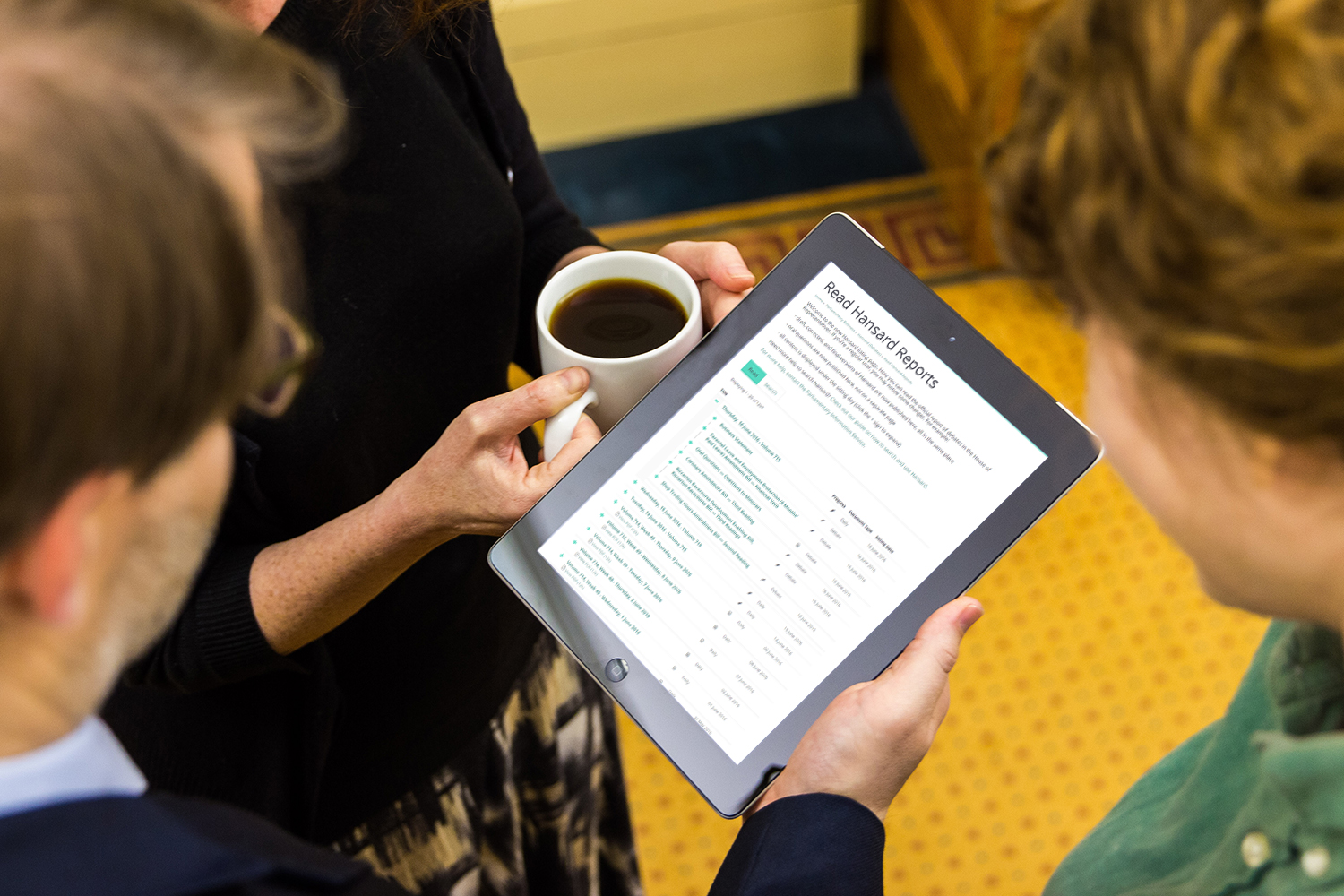Source: NZ Music Month takes to the streets
Largest boost to Learning Support in a generation
The Government is delivering the most significant investment in learning support in a generation to better support Kiwi kids to thrive at school, Education Minister Erica Stanford says.
Key investments include substantial annual increases to teacher aide hours, building up to over 2 million additional teacher aide hours per year, from 2028; Learning Support Co-ordinators for all schools with Year 1-8 students; expanding early intervention services from early learning through to end of year 1; and an historic overhaul of the Ongoing Resourcing Scheme (ORS) funding model to ensure that demand for the service is met with guaranteed funding so all students with high and complex needs who are verified for ORS receive the support they need.
“Too many children wait too long to receive support, or miss out altogether, on the help they need to succeed. We are addressing this by investing in a smart, system-wide reform that significantly increases specialist and support staff resources in our schools.
“We’re powering up support to the frontline and investing early to ensure our kids get the tailored help they need, and so that teachers have more time to teach the basics brilliantly,” Ms Stanford says.
Budget 2025 invests $2.5 billion over the forecast period in Vote Education with a focus on delivering a transformational boost to learning support funding.
“Backed by a social investment lens, this is a seismic l shift in how we support learning needs in New Zealand. We’re deliberately prioritising early intervention, investing in what works and directly tackling long-standing inequities in the system.”
The learning support funding package includes:
$266 million to extend the Early Intervention Service (EIS) from early childhood education through to the end of year 1 of primary school. This will fund more than 560 additional FTE for EIS teachers and specialists. We are investing in:
expanding the service through to the end of Year 1 to support the effective transition into school of around 4,000 children with additional needs.
reducing existing waitlists in early intervention so that more than 3,000 children that need the support receive it sooner.
increasing the amount of specialist support provided to the more than 7,100 children who are currently enrolled in EIS.
building up annually to an additional 900,000 teacher aide hours per year, from 2028, to support young learners in EIS.
$122 million to meet increased demand for ORS (Ongoing Resourcing Scheme) for students with high and complex needs. This includes a structural change to the funding model so every child who is verified for ORS funding receives the support they need. This investment will also increase the number of specialists and teacher aide time to support the more than 1,700 additional learners forecast to access ORS over the next four years.
$192 million to ensure that over three years, all Year 1-8 schools and kura are funded for a Learning Support Coordinator to work with students, families and educators to identify and respond to learner needs. This investment will benefit 1250 schools and an additional 300,000 learners around New Zealand.
$43 million for an extra 78.5 FTE speech language therapists, as well as additional psychologists and supporting teacher aide hours to help meet the growing demand of students with communication and behaviour needs. This will provide specialist supports to around 2500 students over the next four years.
$3 million of investment in our teacher aides with targeted professional development for working with learners with social, emotional, wellbeing, behavioural, and neurodiverse needs.
$4 million to employ 25 intern educational psychologists each year to enable a more sustainable pipeline of locally trained workforce.
$90 million of capital for approximately 25 new learning support satellite classrooms to provide around 225 new student places across the Ministry of Education’s specialist school network, as well as provide learning support property modifications so that schools are more accessible to learners with additional needs.
“Across all learning support services in Vote Education, we are building up to more than 2 million additional teacher aide hours into the system every year from 2028.
“The education sector has been calling for more support for a long time, and this Government is delivering results. This investment recognises and responds to the growing number of children with additional learning needs and the pressure it places on teachers,” Ms Stanford says.
Budget 2025 also includes substantive key investments in the Government’s priority areas:
$298 million into strengthening Curriculum and Assessment supports, including $132.2 million for accelerated learning in literacy and maths.
$572 million of capital funding invested into school property.
$100 million of operating funding, to maintain and upgrade classrooms.
$150 million to build the education workforce of the future through leadership development pathways, teacher supply initiatives, and funded registration and certification.
$104 million to support Māori learner success, including $50 million of capital funding for new classrooms in Māori Medium and Kaupapa Māori schools.
$140 million for a new attendance service and to support and strengthen frontline attendance services
“To deliver this investment, we have assessed underspends and reprioritised initiatives that are underperforming or lack clear evidence that they’re delivering intended outcomes. Around $614 million within the vote has been identified for reinvestment into frontline, priority education initiatives.
“Budget 2025 builds on the strong foundations we’ve already laid through teaching the basics brilliantly. We will continue to invest to raise achievement and close the equity gap in schools across the country, so all Kiwi kids have the knowledge, skills and competencies they need to reach their full potential,” Ms Stanford says.
